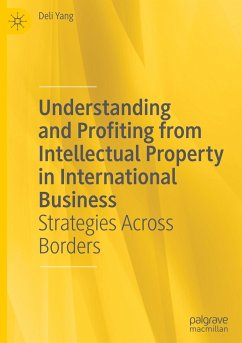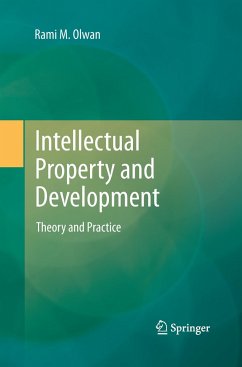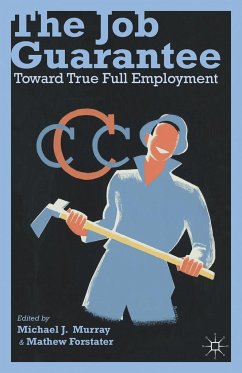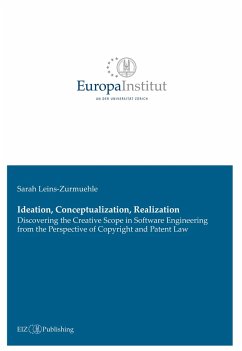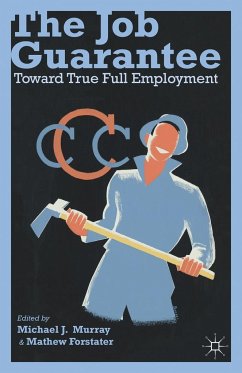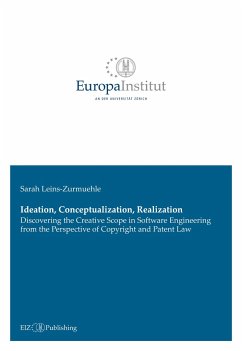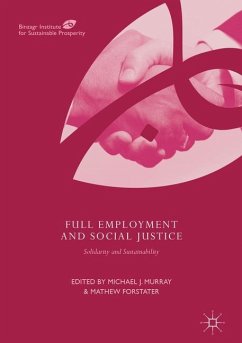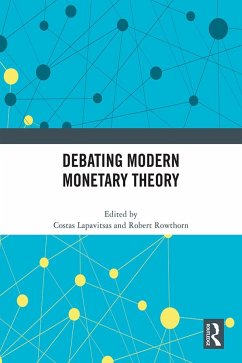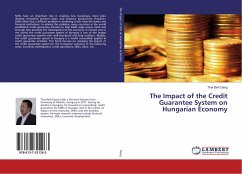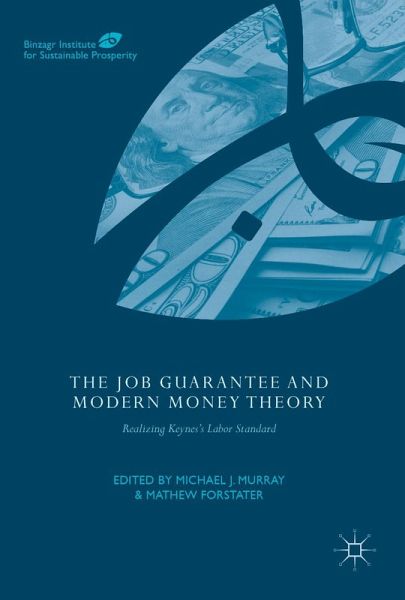
The Job Guarantee and Modern Money Theory
Realizing Keynes's Labor Standard
Herausgegeben: Murray, Michael J.; Forstater, Mathew

PAYBACK Punkte
57 °P sammeln!
The contributors to this edited collection argue that a flexible Job Guarantee program able to react to an economy's fluctuating need for work would stabilize the labor standard, the value of employment in relation to money. During economic downturns, the program would expand to provide more public sector jobs in response to private sector layoffs. It would then contract when economic growth offered private sector employment opportunities. This flexible full employment program would create a balanced, perpetually active labor force, providing the macroeconomic stability necessary to define a f...
The contributors to this edited collection argue that a flexible Job Guarantee program able to react to an economy's fluctuating need for work would stabilize the labor standard, the value of employment in relation to money. During economic downturns, the program would expand to provide more public sector jobs in response to private sector layoffs. It would then contract when economic growth offered private sector employment opportunities. This flexible full employment program would create a balanced, perpetually active labor force, providing the macroeconomic stability necessary to define a functioning labor standard.
Just as the gold standard measured the worth of money against gold reserves, John Maynard Keynes argued, so a labor standard ought to measure the value of money in terms of its labor equivalent. However, he failedto account for the fact that, unlike a gold standard, a labor standard does not have any kind of surety that money will continue to match its value in paid work over time. Together, the contributors argue that full employment would provide this missing security and allow authorities to define the value equivalencies of money and labor, the way that money once represented its exact equivalent in gold.
Just as the gold standard measured the worth of money against gold reserves, John Maynard Keynes argued, so a labor standard ought to measure the value of money in terms of its labor equivalent. However, he failedto account for the fact that, unlike a gold standard, a labor standard does not have any kind of surety that money will continue to match its value in paid work over time. Together, the contributors argue that full employment would provide this missing security and allow authorities to define the value equivalencies of money and labor, the way that money once represented its exact equivalent in gold.



